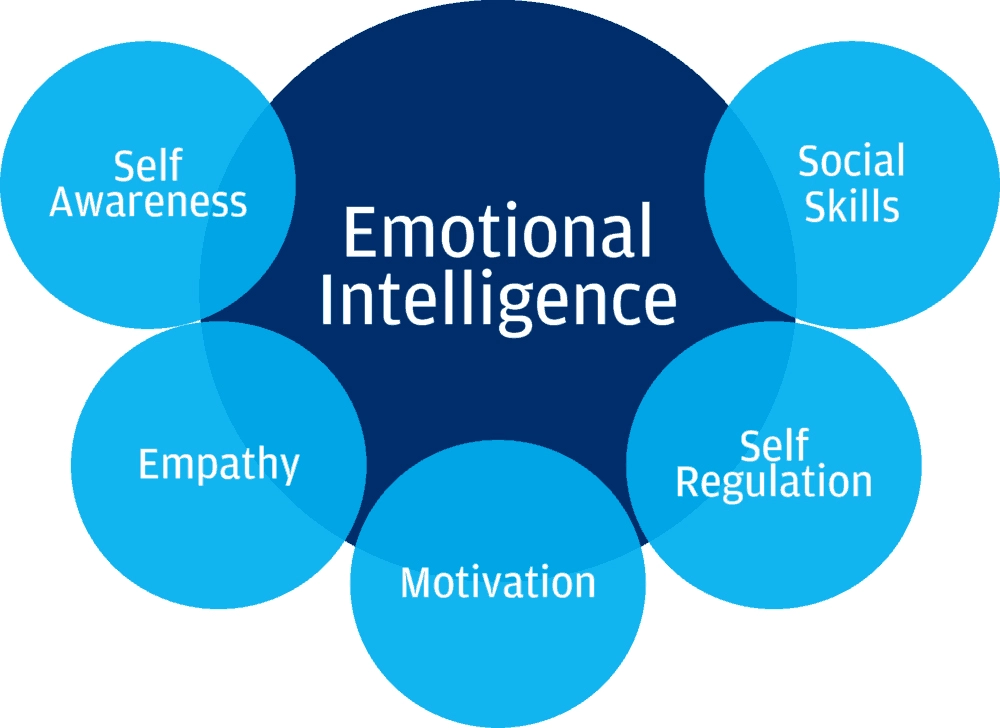Building Emotional Intelligence for Better Collaboration in Software Teams
Emotional intelligence is essential for software teams to create a productive and harmonious work environment. Learn why EI is important and how to develop skills such as self-awareness, empathy, emotional regulation, and effective communication.

On this page ▾
How to Enhance Emotional Intelligence for Successful Team Collaboration in Software Development
Software development is a team effort that requires not just technical expertise but also emotional intelligence. Emotional intelligence (EI) is the ability to understand and manage emotions in oneself and others. It is crucial for creating a collaborative, productive, and harmonious work environment in software teams. In this blog post, we’ll dive into why emotional intelligence is important for software development teams and provide tips for building this critical skill set.
What is Emotional Intelligence and Its Importance for Software Teams
Emotional Intelligence (EI) is the capacity to recognize and manage emotions in oneself and others. In software development teams, EI is essential for fostering better communication, problem-solving skills, and conflict resolution abilities. Teams with high levels of EI tend to have improved team performance and increased job satisfaction.
Four Core Skills of Emotional Intelligence and Their Relevance to Software Teams
The four core skills of EI are self-awareness, empathy, emotional regulation, and effective communication. These skills play a crucial role in navigating the interpersonal dynamics of group work and ensuring that everyone is working towards a common goal.
- Self-awareness helps team members understand their own emotional reactions and avoid conflicts with others.
- Empathy allows team members to understand and respond to the emotions of others, building trust and fostering a sense of community within the team.
- Emotional regulation enables individuals to manage their own emotions and respond calmly and effectively to high-stress situations.
- Effective communication helps build trust, resolve conflicts, and ensure everyone is on the same page.
Building Self-Awareness in Software Teams
Self-awareness is the foundation of emotional intelligence and can be developed through various practices such as mindfulness meditation, journaling, and reflection. Team members can also receive feedback from others, which can provide them with new perspectives on their own behavior and emotions. Regular check-ins and retrospectives in software teams can provide opportunities for self-reflection and growth.
Fostering Empathy and Emotional Understanding among Team Members
Empathy and emotional understanding are crucial components of EI and can be developed through active listening and engaging in open and honest discussions with others. Team members can also take turns sharing their personal experiences and perspectives, which can help build a deeper understanding of each other. Regular team building activities, such as team lunches or off-site events, can create opportunities for bonding and relationship-building in software teams.
Managing and Regulating Emotions in High-Stress Situations
In high-stress situations, emotions can run high leading to conflict and decreased productivity. Team members can manage their emotions by using techniques such as deep breathing, taking a break, and reframing negative thoughts. Clear processes and protocols for conflict resolution in software teams can help minimize the impact of emotional outbursts and ensure everyone remains focused on the task at hand.
Importance of Active Listening and Effective Communication in Building Emotional Intelligence
Active listening and effective communication are critical skills in building emotional intelligence. Team members can practice active listening by giving their full attention to others, avoiding distractions, and paraphrasing what they have heard. Effective communication involves being clear and concise, avoiding judgmental language, and finding common ground with others. Clear communication protocols and regularly scheduled check-ins in software teams can ensure everyone is on the same page and any misunderstandings or conflicts are quickly addressed.
In conclusion, building emotional intelligence is key to the success of software development teams. By developing skills such as self-awareness, empathy, emotional regulation, and effective communication, teams can create a positive and productive work environment, resulting in improved performance and increased job satisfaction. By incorporating practices such as mindfulness meditation, team building activities, and regular check-ins, teams can work together to build and refine their emotional intelligence skills. With a focus on emotional intelligence, software development teams can navigate the challenges of group work and create solutions that are not only technically sound but also emotionally intelligent. By investing in emotional intelligence, software development teams can unlock their full potential and drive success.